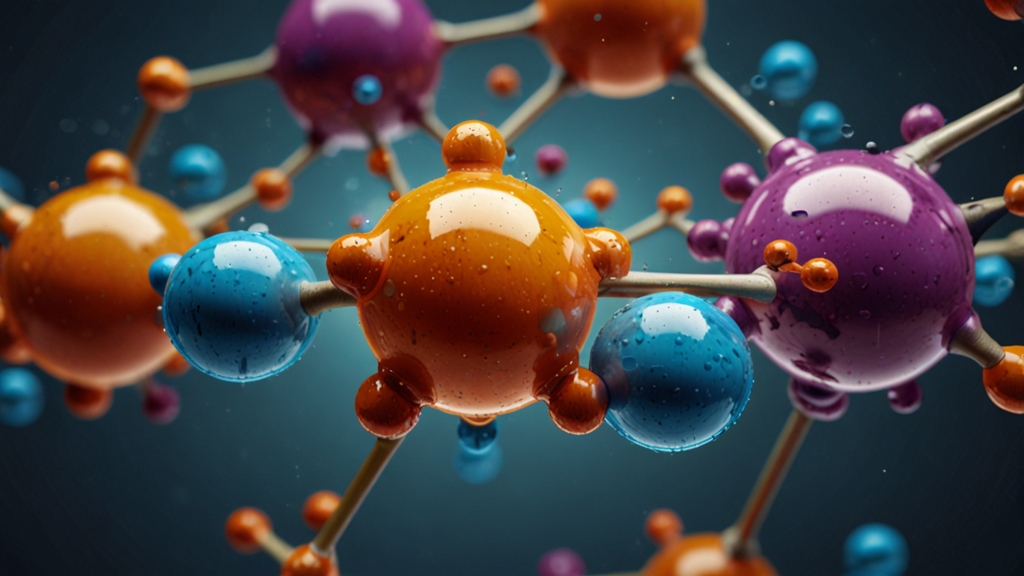Why Mindfulness Is More Important Now Than Ever
In the whirlwind of today's fast-paced world, the concept of mindfulness may seem like a luxury of time that few can afford. However, the opposite is true. Mindfulness, defined as the practice of being present and fully engaged with the here and now, is becoming increasingly vital. This article explores why mindfulness is more important now than ever before.
The Stress Epidemic
Stress has become a ubiquitous part of modern life. Work pressures, financial worries, health crises, and the constant influx of information from digital devices contribute to elevated stress levels. According to the American Psychological Association, chronic stress is linked to a range of health issues, including anxiety, depression, cardiovascular diseases, and a weakened immune system.
“Stress is not what happens to us. It's our response to what happens. And response is something we can choose.” – Maureen Killoran
Mindfulness offers an effective counterbalance to this relentless stress. By focusing on the present moment, mindfulness practices help to reduce the chronic stress that takes a toll on our mental and physical health. Simple techniques, such as mindful breathing or observing your surroundings without judgment, can create a cascading effect of relaxation and clarity.
The Digital Age: Information Overload
The digital age has brought about unprecedented convenience and connectivity. However, it has also led to information overload. The average person is bombarded with notifications, emails, news updates, and social media posts. This constant influx of information fragments our attention and diminishes our ability to focus.
Mindfulness practices encourage individuals to slow down and pay attention to a single task or sensation. This act of singular focus can significantly improve cognitive functions like memory and concentration. Furthermore, it allows for a mental decluttering, providing much-needed respite from the incessant digital noise.
The Need for Emotional Resilience
Emotional resilience, the ability to recover from adversity, is crucial in navigating life's inevitable ups and downs. Today's world presents numerous challenges, from global crises to personal hardships. Mindfulness cultivates emotional resilience by promoting self-awareness and emotional regulation.
“Feelings come and go like clouds in a windy sky. Conscious breathing is my anchor.” – Thich Nhat Hanh
By acknowledging and accepting their emotions without judgment, individuals can develop a healthier relationship with their inner experiences. This acceptance fosters emotional resilience, enabling people to better cope with adversity. The non-reactive stance encouraged by mindfulness helps in mitigating impulsive reactions and promotes thoughtful responses.
Enhanced Relationships
Interpersonal relationships are another area where mindfulness proves to be invaluable. The practice encourages individuals to be fully present with others, actively listening and empathizing without distraction. This deeper level of engagement can significantly improve personal and professional relationships.
Furthermore, mindfulness allows individuals to become more aware of their own emotional triggers and reactions. This self-awareness can lead to more constructive communication and conflict resolution, creating a stronger foundation for meaningful connections.
Conclusion
In conclusion, the importance of mindfulness cannot be overstated in today's world. With its ability to reduce stress, counteract information overload, cultivate emotional resilience, and enhance relationships, mindfulness is a tool that can significantly improve the quality of life. As we navigate the complexities and demands of the modern era, incorporating mindfulness into our daily routines can offer a much-needed sanctuary of peace and clarity.







